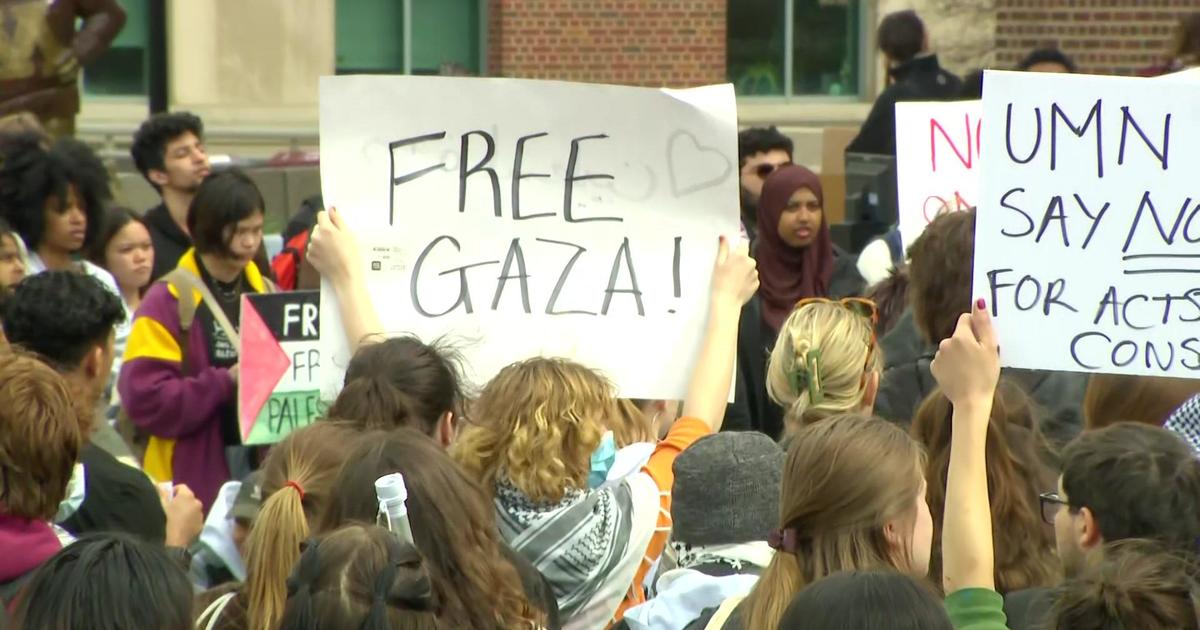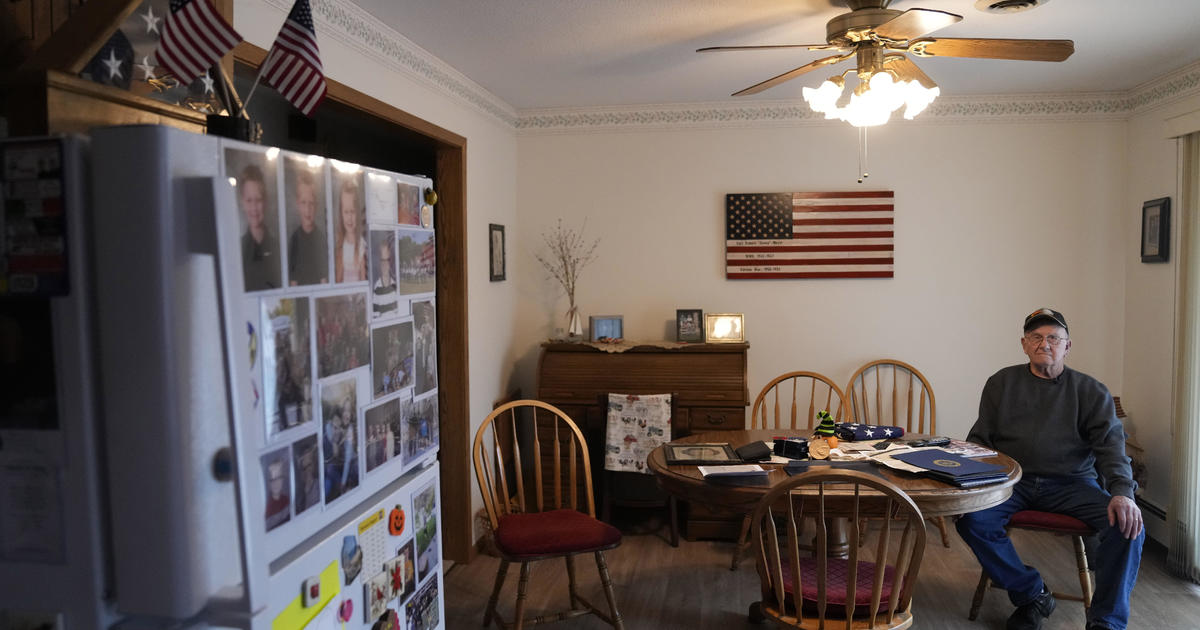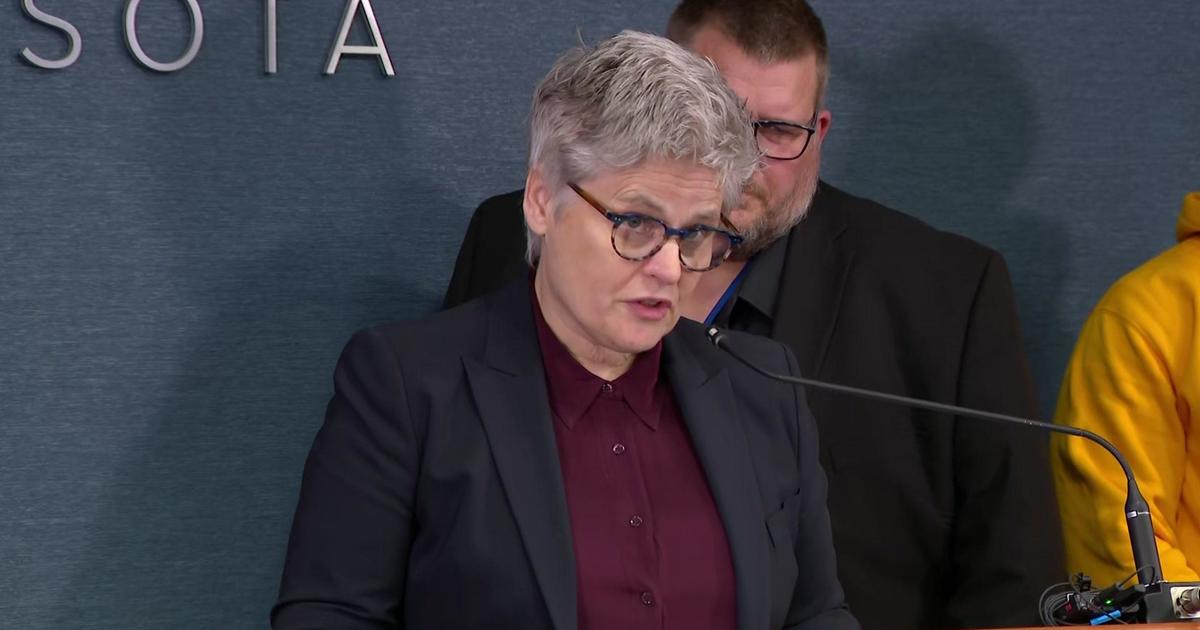When Is An Attack Considered Terrorism?
MINNEAPOLIS (WCCO) -- Some members of the United States Congress have labeled what happened in Las Vegas an act of terrorism.
A spokeswoman for President Donald Trump says it is premature to weigh on the topic.
And, when asked, Clark County Sheriff Joe Lombardo said he is not treating the shootings as terrorism at this point.
"We have to establish what his motivation is first," Lombardo said. "There's motivation factors associated with terrorism, other than a distraught person just intending to cause mass casualty. Before we label with that, it will be a matter of process."
The FBI defines terrorism as "the unlawful use of force and violence against persons or property to intimidate or coerce a government, the civilian population, or any segment thereof, in furtherance of political or social objectives."
In other words, that means what an attacker intended matters.
Nevada State Law defines terrorism as any "act that involves the use or attempted use of sabotage, coercion or violence which is intended to cause great bodily harm or death to the general population." It doesn't mention anything about motive.
"It certainly has implications, it has legal implications," said Ron Krebs, a professor of national security at the University of Minnesota. "Labeling something 'terrorism' gives the U.S. government certain rights with respect to access to information, seizing your assets, requesting tax records."
But, Krebs says -- even more importantly -- is that labeling something as terrorism has important political implications.
"When our political leadership calls something 'terrorism,' that necessarily places it something in the realm of evil, something that we don't seek to understand, and it impedes our capacity to respond rationally and reasonably to the kinds of challenges we face," Krebs said.
He would prefer people stop using the word "terrorism," but rather refer to mass casualty events as "politically motivated" or grievance motivated" or "mental health related" mass casualty attacks.
He says that would allow people to better ask the important questions of "how did this happen?" or "why is the attacker doing what they're doing?"
This is not the first time this debate over terrorism labels has raged in the U.S. It came up when Dylan Roof killed nine people at a Charleston church, and when James Fields Jr. drove into a Charlottesville crowd. Some were reluctant to call them terrorists at the time.
On Tuesday, many people speculated whether or not someone is labeled a terrorist depends on their race.
Krebs says there are inequities in how people label terrorism, but he warns that shouldn't mean we label everyone a terrorist.
Rather, he suggested leaders be more rigorous about the term -- or get rid of it all together.




